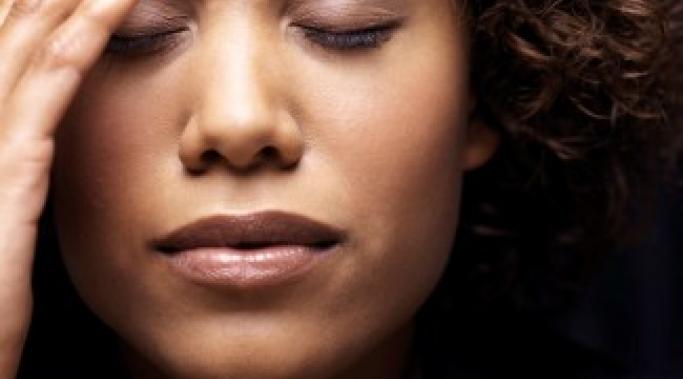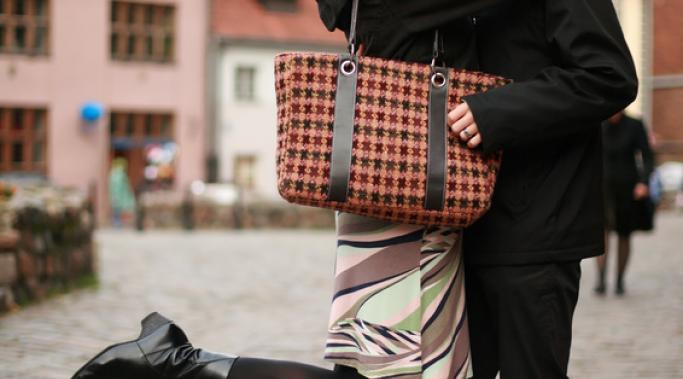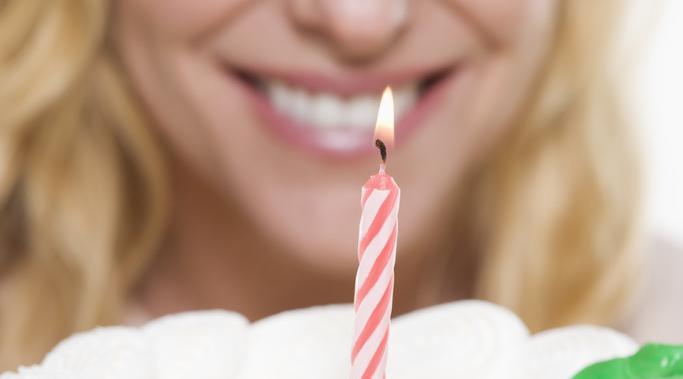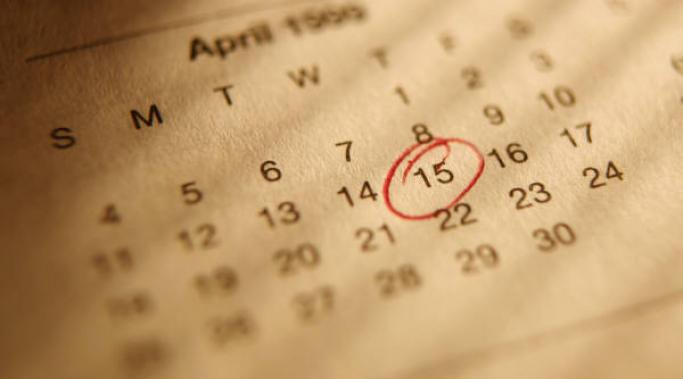When I think about depression I think of crushing sadness. I think of heavy, devastating sadness that will not move or shift for anything. I think of a sadness that penetrates your bones and makes life feel like it’s not worth living. I definitely identify sadness with depression.
But is depression really just profound sadness?
Understanding Mental Illness
These days my functionality, and bipolar pain level, is fairly predictable. When I wake up, I feel pretty crummy. Slowly, as the coffee hits my system, I feel a little better and become more functional. That functionality, though, only lasts for a few hour before the bipolar pain comes raging in and I find myself too depressed, in too much pain, or too anxious to do much of anything.
In other words, midday, I know that bipolar pain is on its way. I know it’s coming. I am anticipating my bipolar pain.
But how do you handle it when you know that bipolar pain is on its way?
I’ve been having a very hard time making myself take a shower. There is nothing like knowing that your hair needs to be washed, trying to make that happen all day, and then realizing, at bedtime, that you’ve failed, again. Now, as I’ve remarked earlier, we don’t want to shower when we’re sick and this is just a part of the grand disease known as depression. I get that. But somehow, that doesn’t make me feel like any less of a failure.
Yesterday I gave a talk about bipolar disorder to a group of students in 11th grade for the Bipolar Disorder Society of British Columbia. I have given this talk many times and, in general, students love it. It might just be because they get out of math class for the day, or, possibly, I do a good job. Who can say?
We get feedback from every teen we give this talk to. After the talk, I review all the feedback and make sure there are no issues with it (such as a teen in immediate need to help). And yesterday, one of the feedback forms called me an ego-stroking b*tch.
And, I have to say, this never happens. The students are normally a very good audience and their feedback is usually quite genuine. Sometimes they have a comment on something they think can be improved, which is entirely legitimate, but never, has anyone called me a b*tch before.
Out of the class of 30, that was the only negative thing. But it’s the only thing I can think about. Between my bipolar obsessiveness and my depressive negativity, I seem to be solely focused on the negative.
There is legislation in the United States that prevents people from being discriminated against based on an illness - and this includes mental illness. So, then, there should be no discrimination against those with bipolar disorder in the workplace. Right?
According to Substance abuse and bipolar comorbidity, up to 50% of people with bipolar disorder also have a history of substance abuse or dependence, and some studies have found even higher numbers.1 So, half of us folks with bipolar disorder also battle an addiction to drugs (including alcohol). But why is that? Why are so many people with bipolar disorder addicted to drugs?
I’ve been writing about bipolar disorder and mental illness for 11 years. Eleven years. It’s been a long road.
And during that time I have heard a lot of people say a lot of horrible things about people with bipolar disorder. In no particular order, people have accused people with bipolar disorder of being: violent, manipulative, self-centered, selfish, abusive and many other negative things.
Certainly, if I bumped into a person with those characteristics, I wouldn’t want to be in a relationship with him or her. However, are people with bipolar really like that? Should people with bipolar disorder be in relationships? (I'm Bipolar: Will Anyone Ever Love Me?)
Yesterday I turned 36 years old. Yes, that’s right, I’m on the “wrong” side of being in my mid-30s. And while I realize that, in our culture, being in your 30s is nothing to be proud of (especially if you’re a woman), I am, in fact, proud.
And here’s why.
I’m proud because I’ve been living with a serious mental illness for (at least) 16 years – and I have survived. Many of our brothers and sisters with bipolar disorder have not been so lucky and we should all celebrate for those who can’t.
I am not a mom myself, but I am of the age that people around me are having kids. Accordingly, it seems time to take a look at some of the challenges new bipolar moms face. Challenges for the new bipolar mom include postpartum depression and postpartum psychosis, among others.
Over the course of 2013, the Breaking Bipolar blog handled all sorts of topics and not only did I have my say, but through the comments, you had yours too. Today I’d like to look back that the Breaking Bipolar blog articles of 2013 and maybe what we learned along the way.









